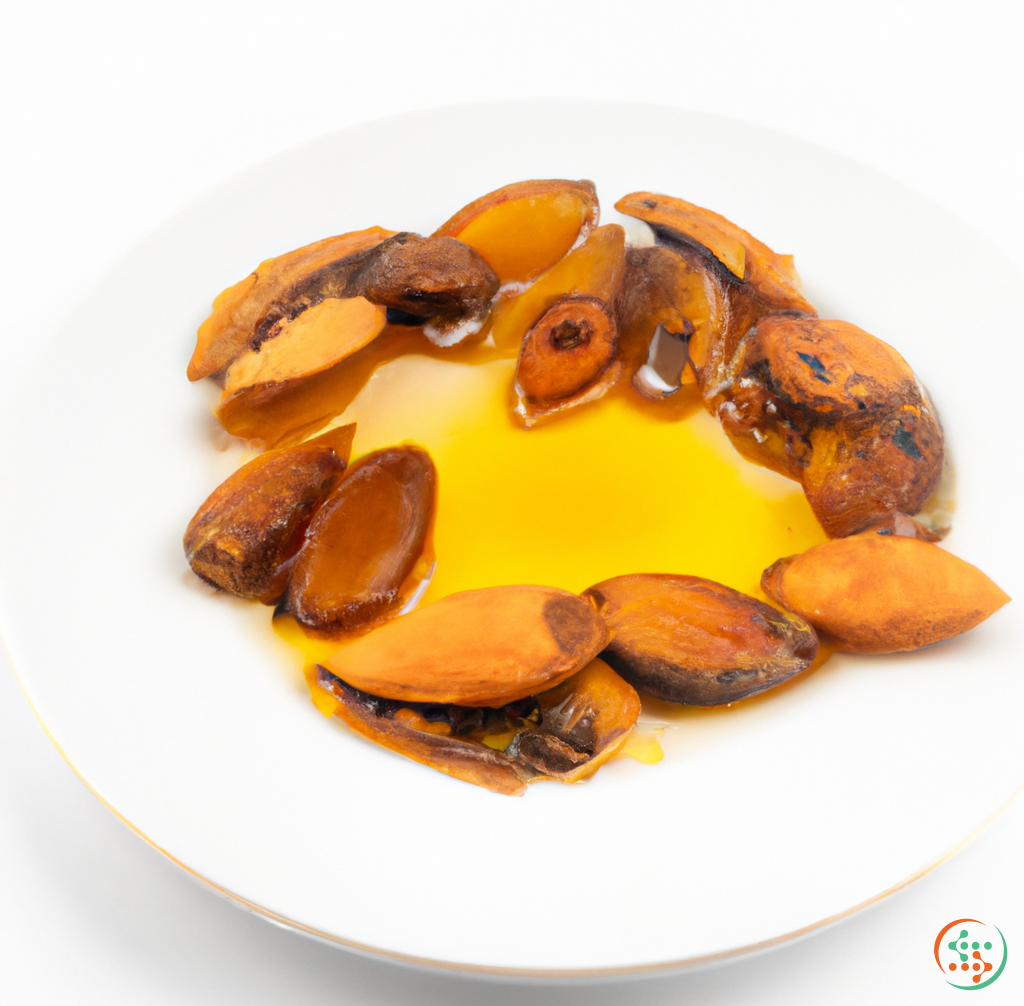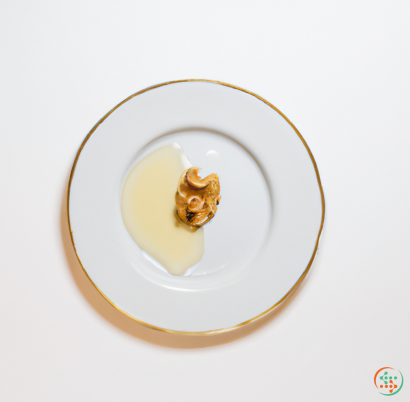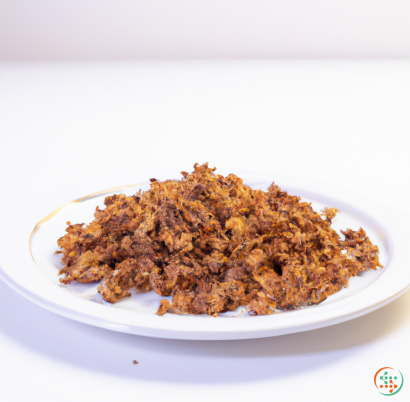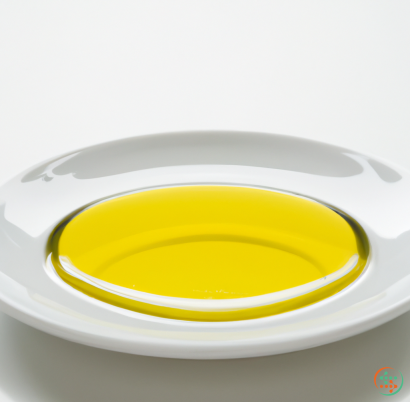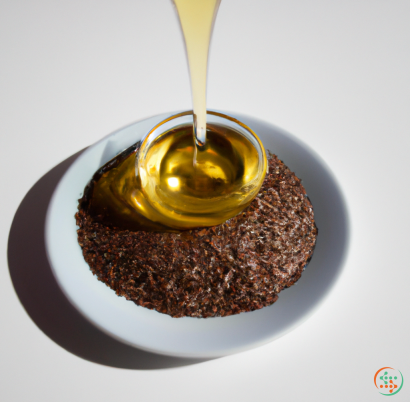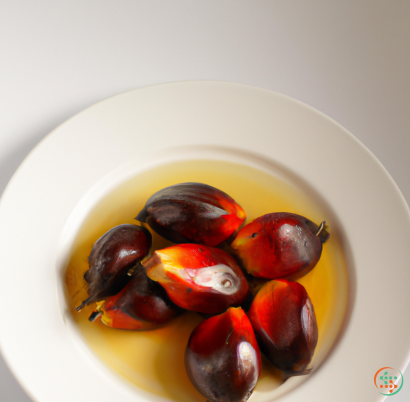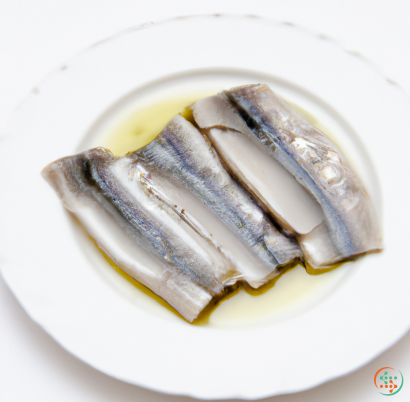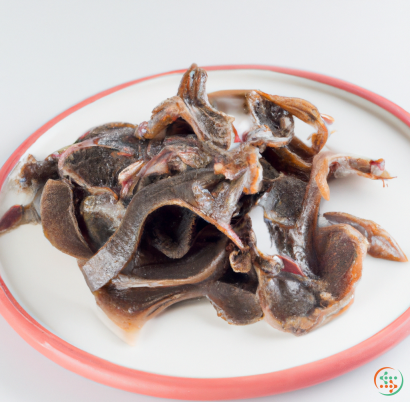Apricot Kernel Oil
and its uses
Apricot kernel oil is a product made from apricot kernels, which are the seeds of apricots. This type of oil is a pale yellow color and has a nutty aroma.
It is rich in essential fatty acids and vitamins, so it can be incorporated into many different beauty and health regimens. Apricot kernel oil can be applied directly to the skin or added to soaps, lotions, and other cosmetics. It can also be used in massage oils, facial scrubs, and body care recipes.
The most common benefits of apricot kernel oil are related to its nourishing properties. Apricot kernel oil is an excellent source of beneficial fatty acids. These fatty acids help to keep the skin and hair hydrated, which can improve skin’s elasticity and reduce wrinkles. The oil is also high in vitamins A and E, two vitamins that are essential for healthy skin.
Apricot kernel oil is also known for its anti-inflammatory and antibacterial qualities. It can be used to treat skin conditions like eczema, psoriasis, acne, and dermatitis. When used as a topical agent, the oil can soothe irritated skin, reduce redness and itchiness, and help to decrease bacteria on the skin’s surface.
In addition to its skin care benefits, apricot kernel oil is also great for hair health. It’s lightweight and easily absorbed into the scalp, helping to nourish the hair and provide much-needed hydration. It can help to reduce inflammation and eliminate dandruff, making it perfect for those suffering from an itchy, dry scalp.
When selecting apricot kernel oil for any beauty or health regimen, be sure to look for cold-pressed oil, as this ensures that the most beneficial components remain intact. Cold-pressed apricot kernel oil products usually have a shelf life of up to two years, and they should be stored in a cool, dark place.
For people looking to use apricot kernel oil for beauty, the oil can be applied directly to the face or body, or it can be incorporated into oils, lotions, and creams. It can also be used as a base for homemade facial masks, body scrubs, and hair treatments. Additionally, the oil makes a great lip balm and can also be used to soothe dry and chapped lips.
For health purposes, apricot kernel oil can be taken orally as a supplement, along with other liquid oils like flaxseed oil or hemp seed oil. Alternatively, the oil can be applied directly to the scalp or used in a massage oil.
Overall, apricot kernel oil is a great addition to any beauty and health routine. It offers many benefits for skin, hair, and overall well-being, and it’s easy to find in both natural health stores and online. With its nourishing qualities, apricot kernel oil is perfect for anyone looking to promote healthy skin and hair.
Apricot kernel oil can be found in many dishes, from vegetables, to desserts, to sauces. Though you may think it is a simple oil that appears on your plate, what you may not know is the journey it takes to get there. From its origin in the ground to the intricate process of processing it, apricot kernel oil goes through many steps before arriving on your dinner plate.
Primary Origin
Apricot kernel oil is made from the seeds of drupe fruits, also known as stone fruits. Drupes typically consist of a thicker outer skin, with a woody outer layer, and a slightly softer inner layer. The inner layer of the drupe contains the pit or seed, which meets the criteria for the creation of apricot kernel oil. The stone fruit used in the making of apricot kernel oil comes from a variety of apricot tree species, such as Armenian (prunus Armeniaca), which are mostly grown in dry climates like Asia, central parts of Abkhazia and the Middle East, though some varieties have also been found in some parts of the USA, Canada and Europe.
Harvest
Apricots are traditionally harvested during the mid-summer months, from July to September. During this time, the fruits are picked by hand and transported to a factory where the seeds of different varieties of apricots are separated. After the separation process, the apricot kernel seeds (or almonds) are cut into smaller pieces with a sharp knife. Once this cutting process is completed, the pieces of the apricot kernel seeds are then ready to be dried, which is done in a hot environment in order to avoid any fermentation or deterioration of the kernels.
Processing
Once the apricot kernels have been dried, they are then ready to be processed into oil. This process begins with the kernels being put through cold pressing, which is when the oil and other essential compounds are extracted from the kernel in one uninterrupted, simple process. After the cold pressing method has been used, the oils are then filtered in order to achieve a clear, non-darkened color. This clear color is very important because it provides an optimal flavor for the use of apricot kernel oil in food.
During the filtering process, the filtered oil is also tested for consistency, flavor, and aroma. Once the oil has passed these tests and is deemed safe for human consumption, it is then bottled, ready to be shipped and sold.
Uses
Before finding its way to your dinner table, apricot kernel oil is used in a variety of ways. It is popularly used in foods such as salad dressings, as well as in certain specialty dishes. It is also used in beauty products and skincare, such as massage oils and creams, as it is beneficial for hydrating and treating skin health. Pharmaceutical companies will also make use of apricot kernel oil, as it has a wide range of medicinal benefits, and is often used to treat certain illnesses, such as diarrhea and asthma.
On Your Plate
Now that you've learned about the journey apricot kernel oil takes on its way to your dinner plate, it's time to take a closer look at how exactly it is used in cooking. In cooking, apricot kernel oil is prized for its delicate flavor, which many consider to be mildly sweet and woody. Its flavor makes it perfect for use in salads, as a drizzle over roasted vegetables, and as a basting oil for grilled meats. Its high smoke point also makes it ideal for sautéing and frying, as it able to withstand higher temperatures without breaking down.
Beyond its use in cooking, apricot kernel oil is also used to make certain types of preserves and jam. Its smooth texture and sweet flavor make it a popular choice for these types of dishes.
Nutritional Profile
In addition to its culinary uses, apricot kernel oil also offers many nutritional benefits. Apricot kernel oil is a rich source of Vitamin E, which helps promote healthy skin and hair, lowers cholesterol levels, and guards against heart disease and osteoporosis. It is also a great source of essential fatty acids, which help to reduce inflammation, promote healthy digestion, and improve cognitive function. Additionally, apricot kernel oil is high in oleic and linoleic acids, which work to nourish the hair and skin.
Conclusion
Through its journey from a stone fruit to your dinner plate, apricot kernel oil is filled with many nutrients, minerals, vitamins, and essential fatty acids that make it an excellent addition to any meal. Whether you use it in a dressing, drizzle it over vegetables, or baste your grilled meats with it, its delicate flavor, mild sweetness, and therapeutic properties make it an ideal choice for your kitchen needs.
| Vitamin E | 0.004 grams |
| Total Sugars | 0 ug |
per 100g
|
| Palmitic acid (16:0) | 5.8 grams |
|
| Stearic acid (18:0) | 0.5 grams |
|
| Total Saturated fatty acids: | 6.3 g | |
| Oleic acid (18:1) | 58.5 grams |
|
| Palmitoleic acid (16:1) | 1.5 grams |
|
| Total Monounsaturated fatty acids: | 60 g | |
| Linoleic acid (18:2) | 29.3 grams |
|
| Total Polyunsaturated fatty acids: | 29.3 g | |
| Phytosterols | 0.27 grams |
|
| Total Sterols: | 0.27 g | |
